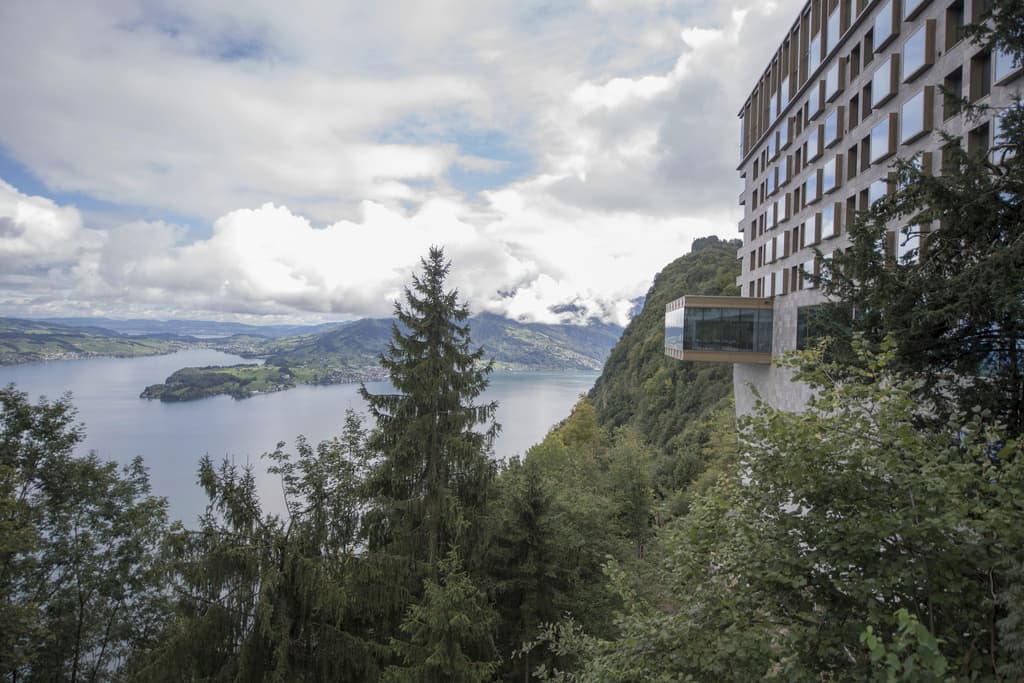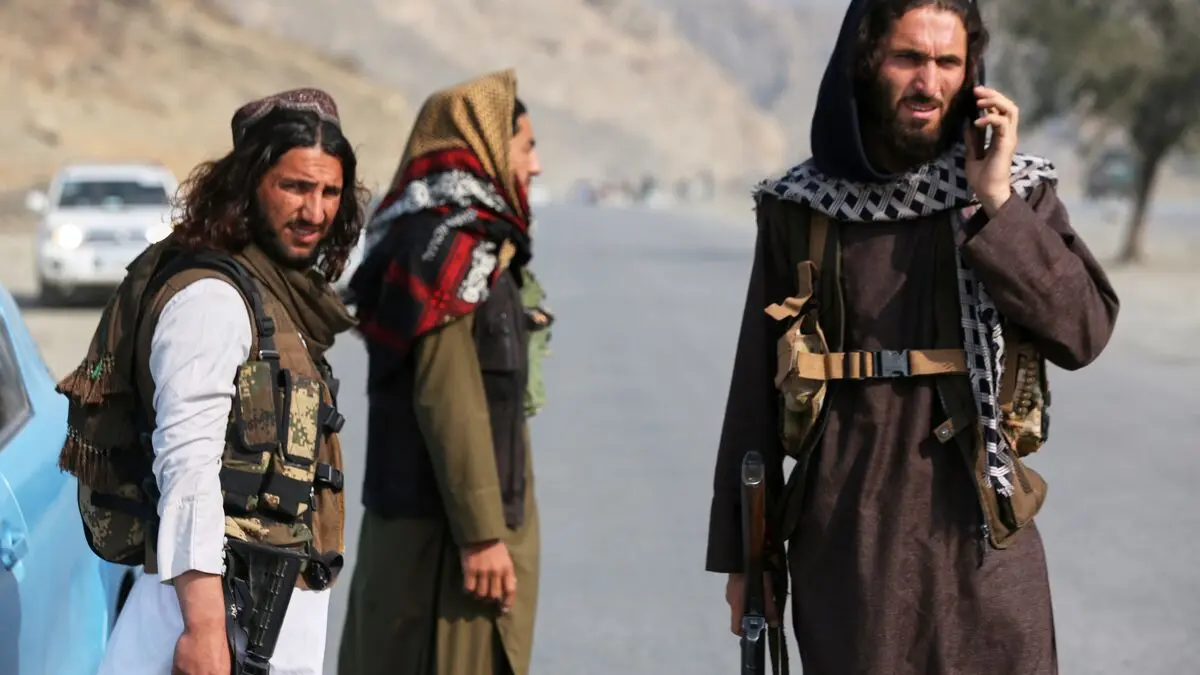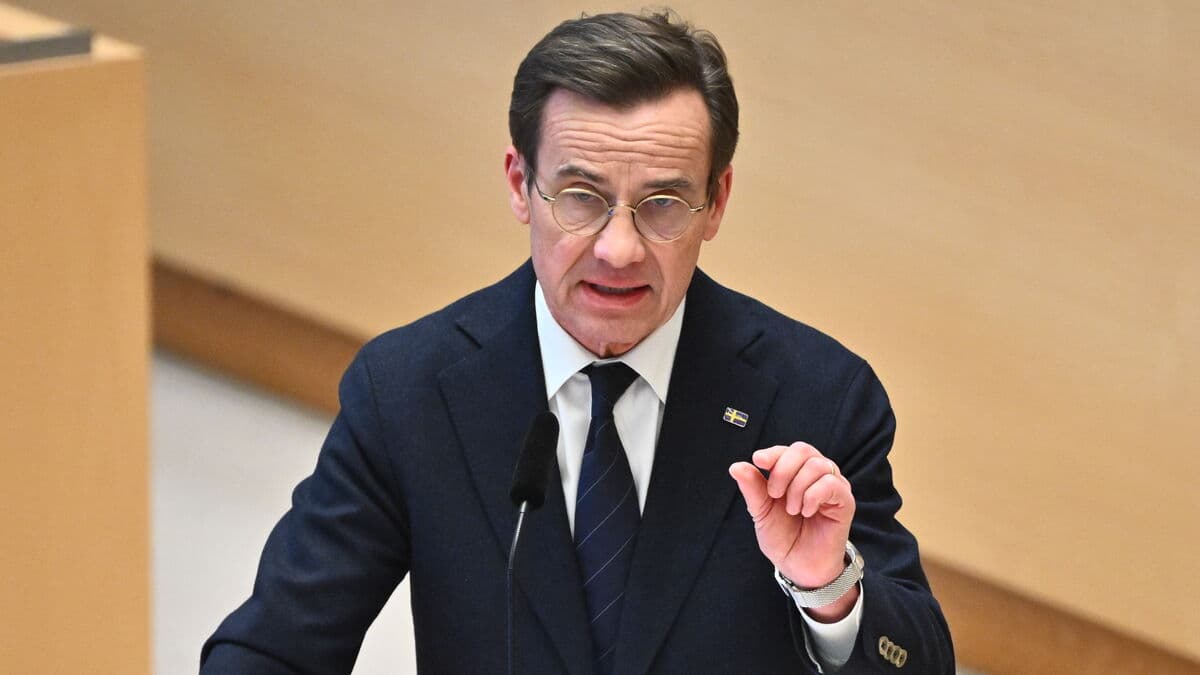Over 80 states have accepted the invitation to participate in this weekend's top-level meeting, intended to pave the way for a peace process for Ukraine.
The turnout is broad, but several major players are missing.
The security arrangements in Bürgenstock near Lucerne, Switzerland, are extensive. Up to 4,000 soldiers have been called in and 6.5 kilometres of steel fencing have been erected for the Ukraine peace conference.
Russia has not been invited, but the high-level meeting is intended to lay the groundwork for including the attacking country in future peace talks.
We would like to have a very broad process aimed at achieving lasting, fair peace in Ukraine, said Swiss President Viola Amherd ahead of the meeting.
Ukraine hopes for broad international support for the country's 10-point programme for peace with Russia, according to AFP.
However, the Russian leadership in the Kremlin has repeatedly stated that it will not participate in any negotiations – unless Ukraine accepts that Russia has taken over around 20 per cent of Ukraine's territory.
Prior to the meeting, Ukraine's President Volodymyr Zelensky expressed disappointment that some world leaders will not be attending. Among others, US President Joe Biden and China's President Xi Jinping will be staying at home. However, US Vice President Kamala Harris will attend.
China has stated that it will not participate in a top-level meeting if Russia is not at the negotiating table.
Sweden is represented by Prime Minister Ulf Kristersson.
On 24 February 2022, Russia launched a full-scale invasion of Ukraine, following its invasion of the neighbouring country in 2014, which led to the annexation of the Crimean Peninsula and a largely frozen conflict in Donbass in the east.
In a lightning-fast offensive from the north, east, and south, the Russian forces met resistance. They did not reach Kiev, but advanced in the south to the Crimean Peninsula. The coastal city of Mariupol fell after a long and bloody siege.
Ukraine carried out two counter-offensives in the autumn of 2022, recapturing the Kharkiv region in the northeast and the city of Kherson and its surroundings in the south. In connection with this, Russia announced the annexation of the partially occupied regions of Kherson, Donetsk, Luhansk, and Zaporizhzhia.
A larger Ukrainian counter-offensive began in the summer of 2023, but failed to break through the fortified Russian defence.
Russia has regularly attacked locations across Ukraine with rockets and drones. At least tens of thousands of civilians have been killed in the war, but the true figure is believed to be much higher. Several million Ukrainians have fled abroad.






